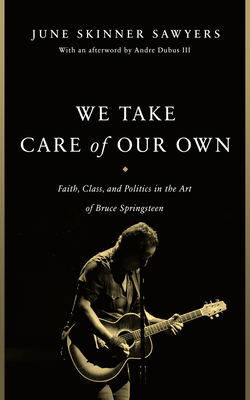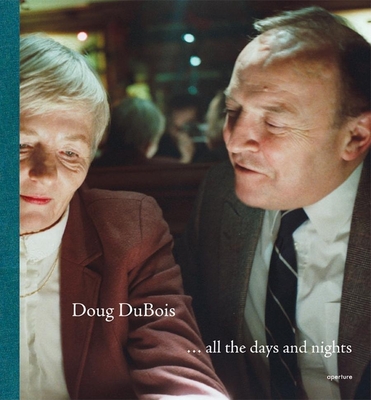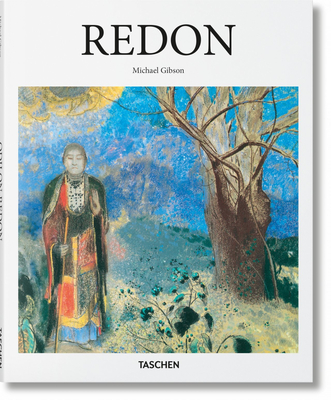
Sawyers, June Skinner
product information
description
s the evolution of Bruce Springsteen's beliefs, beginning with his New Jersey childhood and ending with his most recent works from Springsteen on Broadway to Letter to You. The author follows the singer's life, examining his albums and a variety of influences (both musical and nonmusical), especially his Catholic upbringing and his family life, to show how he became an outspoken icon for working-class America--indeed for working-class life throughout the world. In this way, the author emphasizes the universality of Springsteen's canon and depicts how a working-class sensibility can apply to anyone anywhere who believes in fairness and respect. In addition, the author places Springsteen in the historical context not only of literature (especially John Steinbeck) but also of the art world (specifically the work of Thomas Hart Benton and Edward Hopper). Among the themes explored in the book include community, a sense of place, America as the Promised Land, the myth of the West, and, ultimately, mortality.
member goods
No member items were found under this heading.
Return Policy
All sales are final
Shipping
No special shipping considerations available.
Shipping fees determined at checkout.







